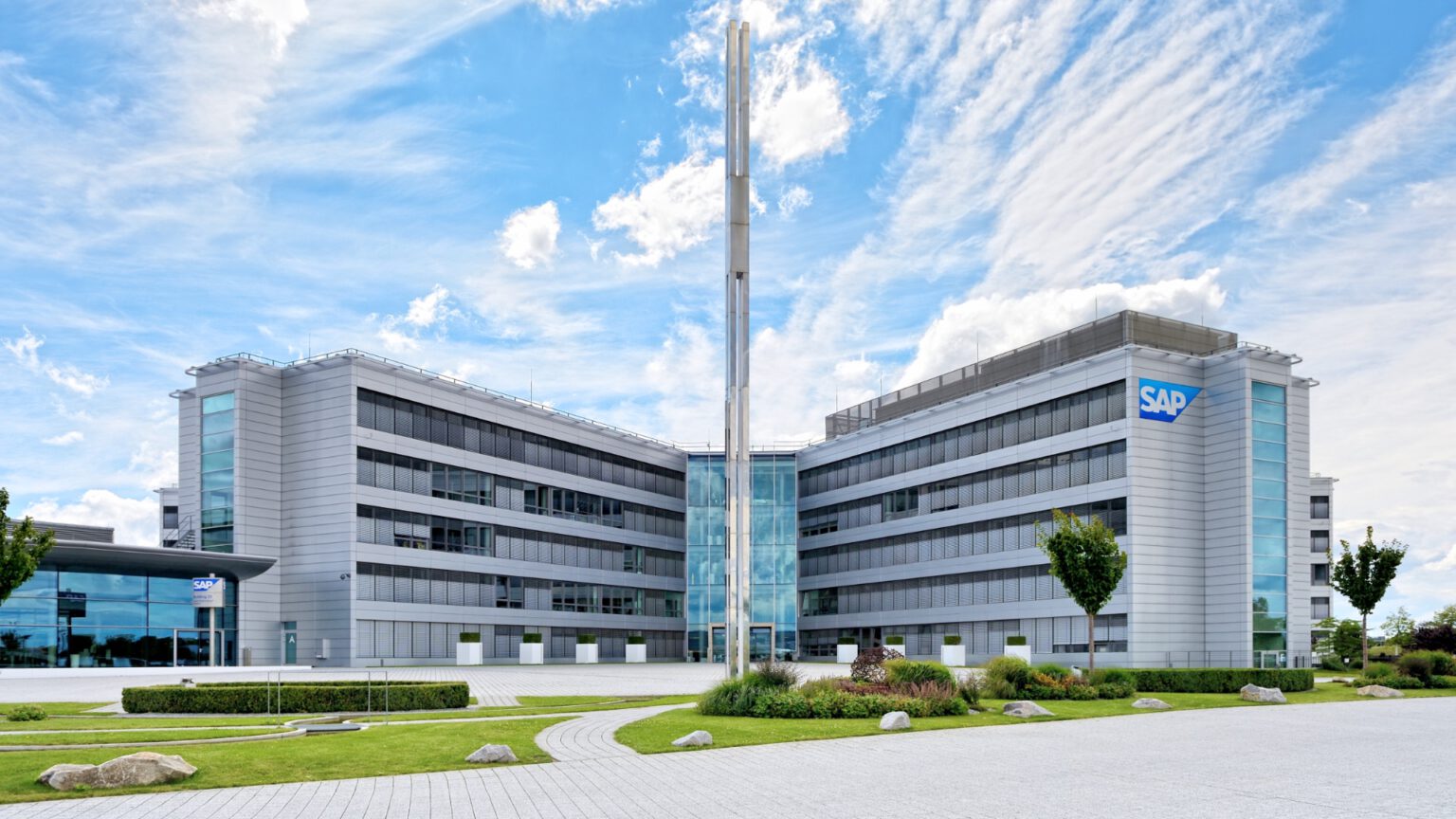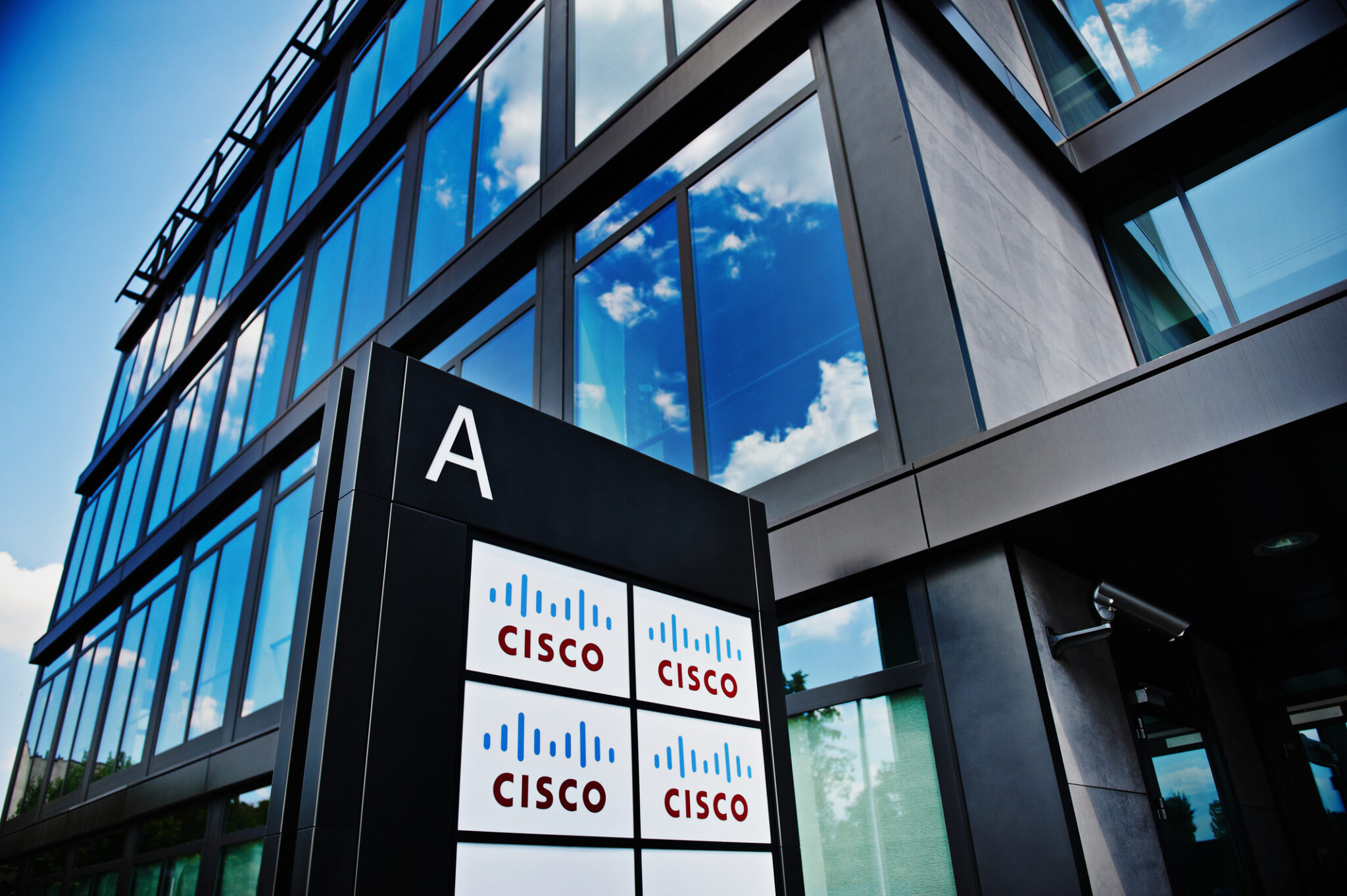The US Supreme Court on Monday refused to accept an appeal by German software maker SAP, meaning that the US company’s Teradata lawsuit can proceed to trial.
The dispute has its origins in a 2018 lawsuit filed in California. Teradata accuses SAP of violating the Sherman Act, claiming that SAP tied – without reasonable grounds – the sale of its business planning module to the purchase of its own database. This practice was alleged to restrict competition, particularly for Teradata, a provider of analytical databases.
At the original instance, SAP won the trial. However, in 2024, the 9th Judicial Circuit in San Francisco overturned this ruling, finding that there were disputed facts that should be decided by a jury. SAP sought to persuade the Supreme Court that the appellate court had taken an unduly restrictive ‘per se’ approach – treating product bundling as automatically illegal – and undermined the consistency of case law compared to previous precedents, including the 2001 Microsoft case.
The Supreme Court’s decision to refuse to hear the appeal means that the district court will proceed. The trial has been set for April 2026. In addition to the antitrust claims, SAP has filed a counterclaim accusing Teradata of patent infringement – these issues are also to be resolved.
For the technology sector, the decision may be more significant. The resolution of the dispute could affect the boundaries of permissible systems integration and dictate the precedent for how courts will judge product bundling in an enterprise software environment.












